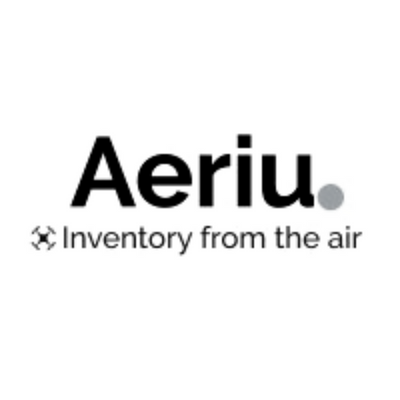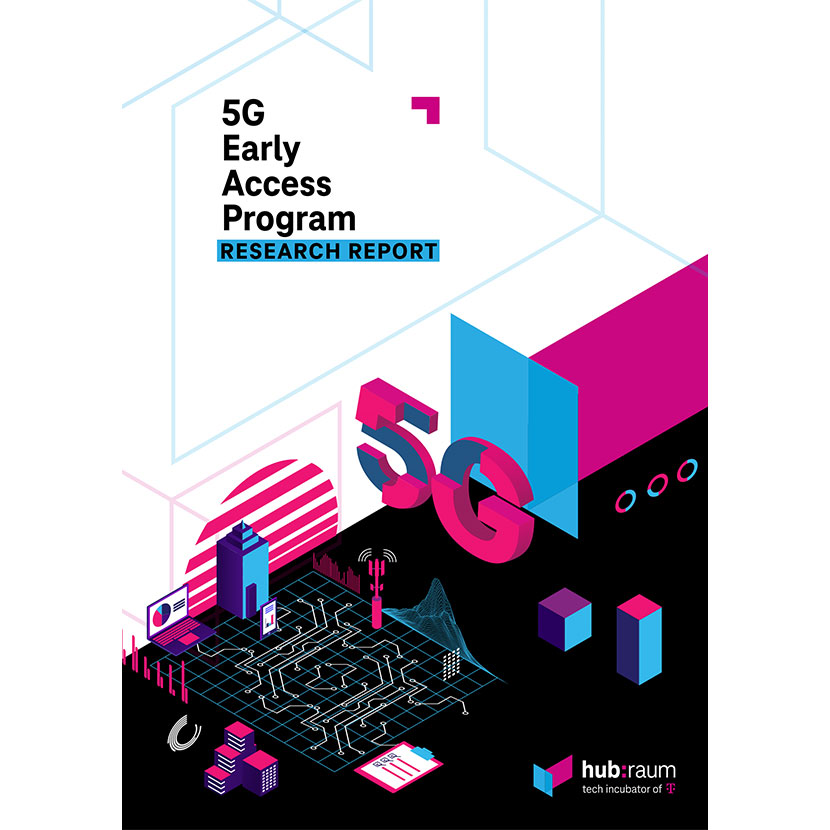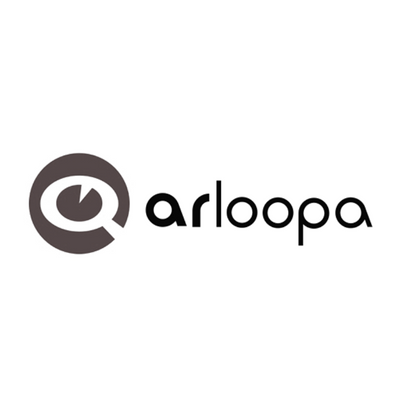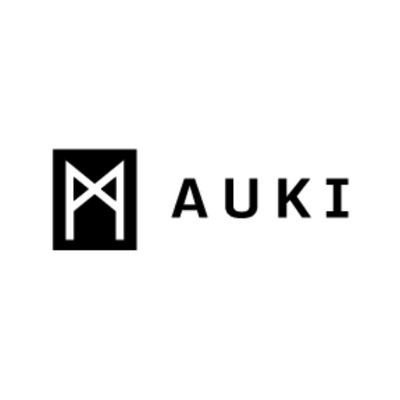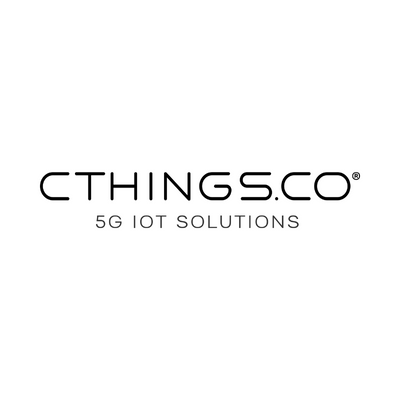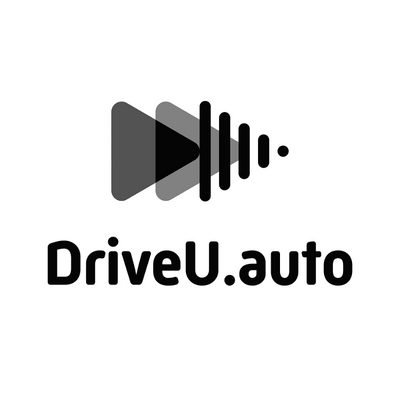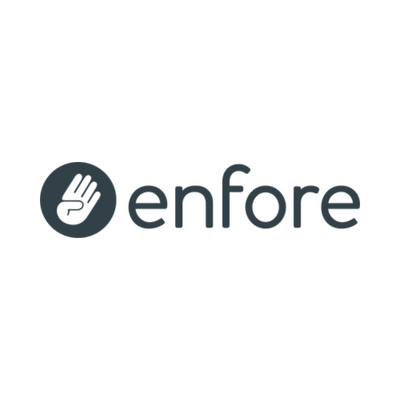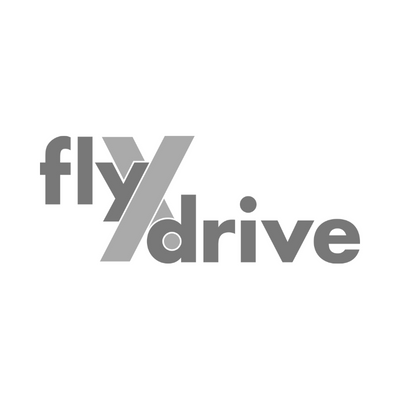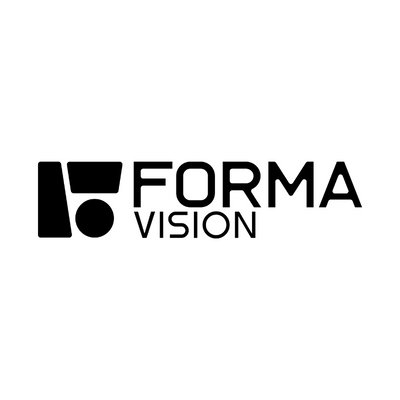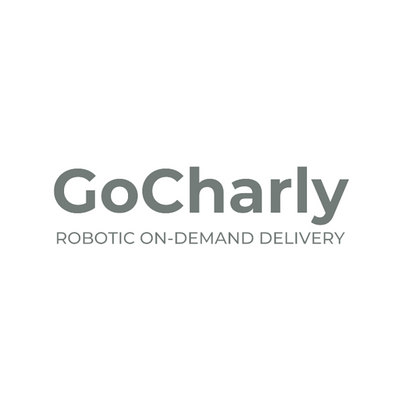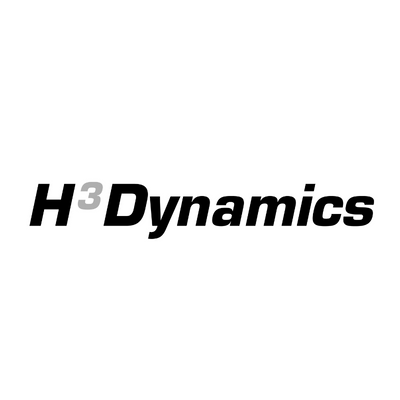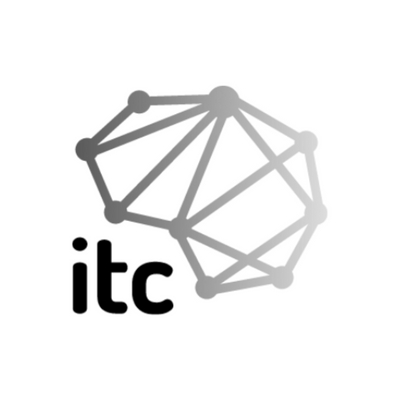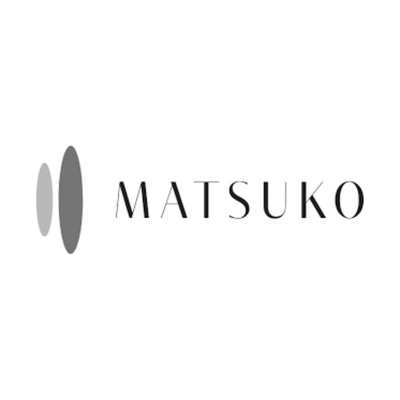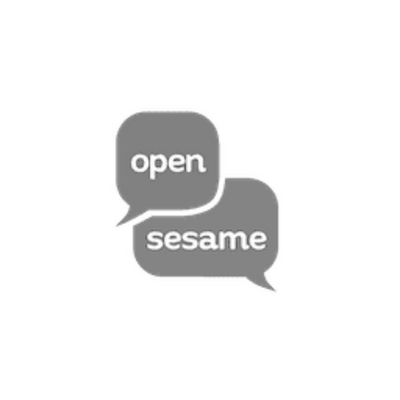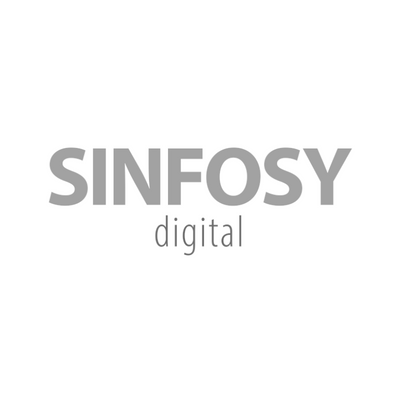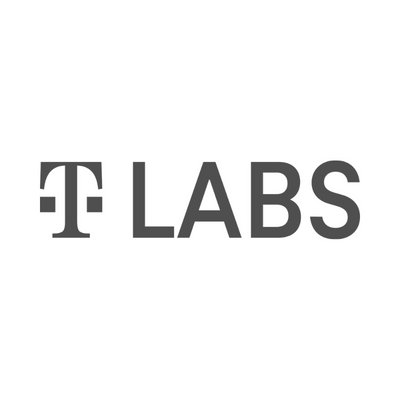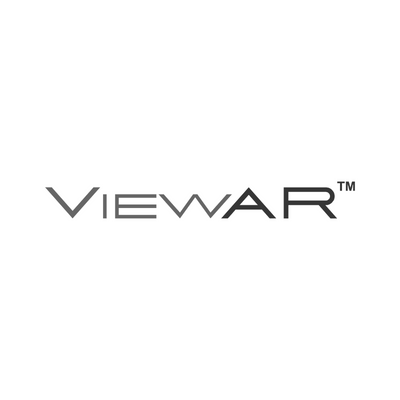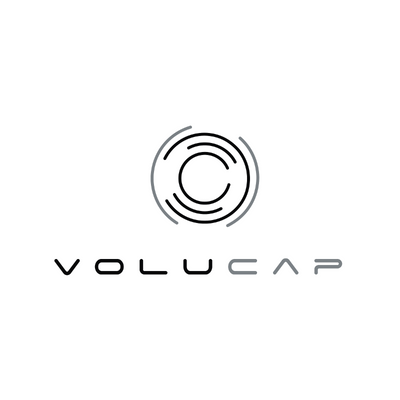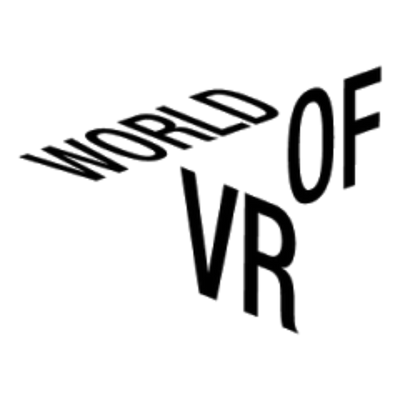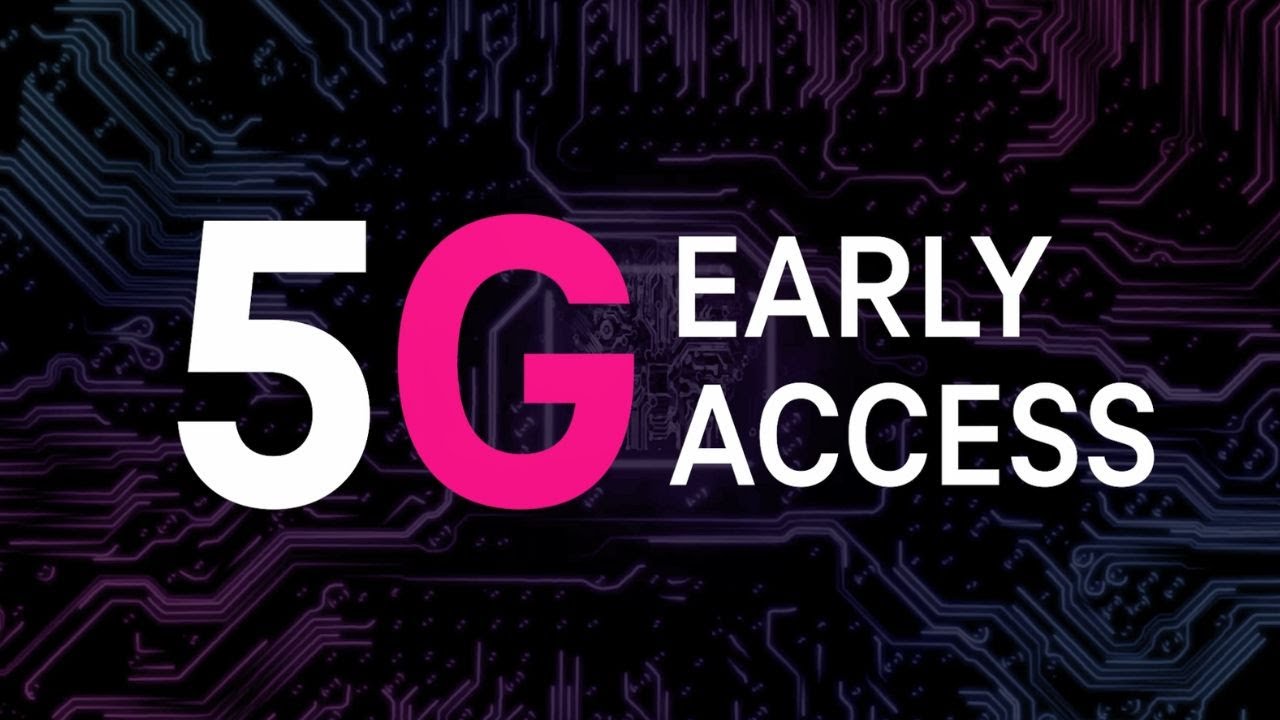Our 5G APIs interact directly with our 5G Radio Access Network (RAN). They may allow users to obtain information from the network, such as location, congestion, and more, or to configure network settings.These APIs, such as 5G Latency API, 5G QoS API or 5G Throughput API, can, for example, set a quality of service for a device or IP flow.
Developers, startups, corporates and hyperscalers can apply for our 5G Early Access Program to validate the impact of our 5G APIs on your own APIs and apps in our testbed. Get a head start on your competition by learning how your products can utilize 5G abilities. We support you during the complete lifecycle of the program, provide working space, as well as active mentoring and passive communication channels for your questions. There is also some space for select participants to become hubraum residents after the program finishes.
